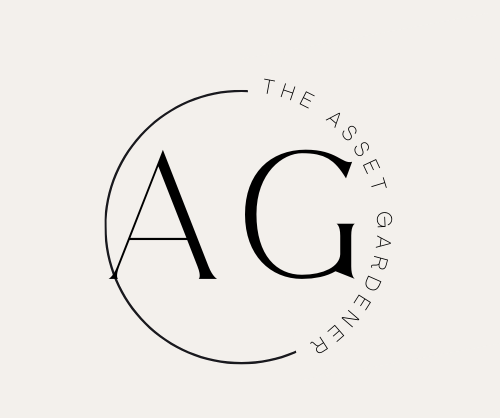
The Hidden Costs of Hedge Funds
Many entrepreneurs and small business owners often explore various investment avenues, and hedge funds may seem like an attractive option. However, there are key reasons to think twice before diverting hard-earned capital into these complex financial instruments.
Investors Often Get Shortchanged
Despite impressive claims by hedge fund managers about their value-added performance—up to $600 billion between 2013 and 2019—most investors see little benefit. Research indicates that after hefty fees, which account for approximately 64% of gross returns, hedge fund performance offers limited reward to average investors. A troubling pattern emerges where individuals often underperform the very funds they invest in due to poor timing of inflows and outflows.
Risk Versus Reward
Many may perceive hedge funds as sophisticated investment vehicles promising diversification and enhanced returns. Yet, since the financial crisis of 2008, hedge fund returns have plummeted. Adding them to a traditional portfolio containing stocks and bonds may not guarantee improved returns, leading to potential underperformance instead. Furthermore, hedge funds' fee structures can mask the real risks involved. Managers profit from gains but are not penalized for losses, incentivizing them to take risks that might not fully align with investor goals.
The Price of Entry: Fees That Bite
The fees associated with hedge funds can be staggering. Typical structures often include a 1.5% management fee along with performance fees averaging around 19%. These costs, particularly the performance fees, can be charged regardless of the fund's overall success, diminishing your returns further. Many hedge funds lack essential features like a high-water mark to prevent charging fees during losing periods, compounding the disadvantage for investors. The result? Investors can end up contributing a substantial portion of their earnings back in fees, reducing overall profitability significantly.
Conclusion: Weighing Your Options
For entrepreneurs and small business owners seeking to maximize their investment potential, the downsides of hedge funds can outweigh the supposed benefits. With high fees, mediocre returns, and the risk of underperformance, it may be wiser to prioritize more traditional investment avenues such as stocks and bonds. Consider your options thoughtfully and consult with a financial advisor to explore avenues that align better with your financial goals and risk tolerance.
 Add Row
Add Row  Add
Add 




 Add Row
Add Row  Add
Add 
Write A Comment